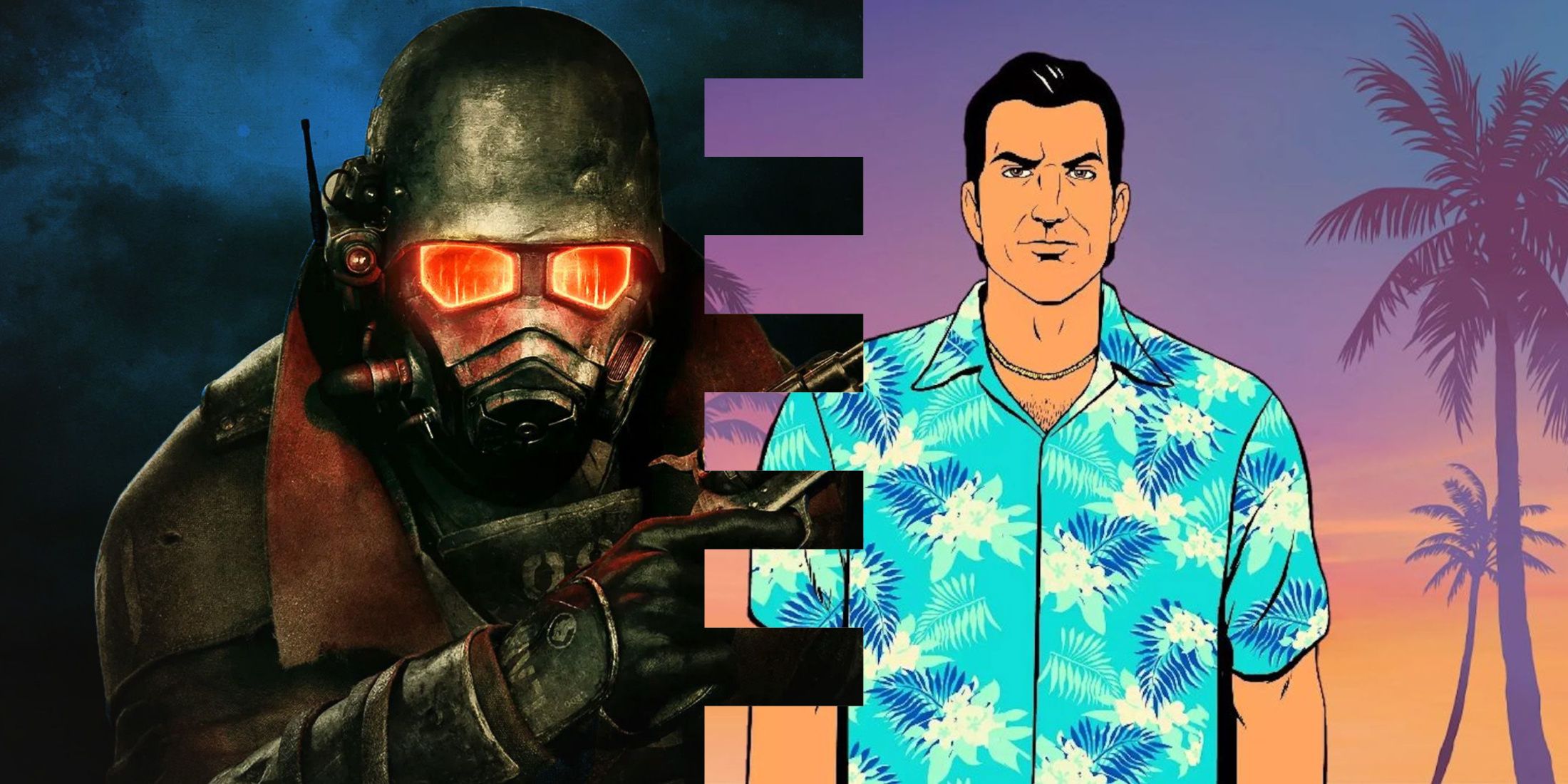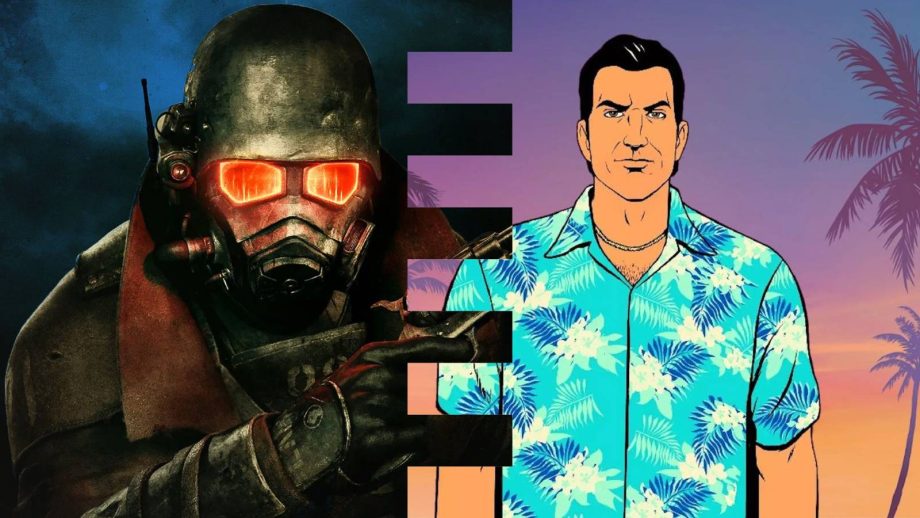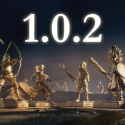
Open-world games are notorious for their massive sizes and years-long dev cycles, often having little to show for it when all is said and done. Sometimes, though, a project will hit the shelves against all odds and on an unbelievably short timetable. Some of these games are triumphs of technical wizardry…while others are held together with duct tape.
Either way, rapid-fire development of huge sandboxes is a spectacle worth examining. These open-world titles prove that a tight schedule can still generate big results.
Far Cry 3: Blood Dragon
6 Months
Ubisoft’s in-house teams are famous for their assembly-line approach, but Blood Dragon takes efficiency to a new level. Developed in half a year, this standalone expansion reuses nearly every asset from Far Cry 3: weapons, AI routines, wildlife, and the map geometry in some cases. Nevertheless, the end product is no lazy cash grab. Blood Dragon is a synth-heavy homage to 80s action excess soaked in neon, complete with Michael Biehn hamming it up as a cyber-commando.
By doubling down on satire, the team converted old content into something that felt wholly original. The six-month sprint is obvious in its recycled environments, but the bombastic personality makes Blood Dragon a minor miracle. Players can sense the developers having fun with their limited toolkit, shoving in joke tutorials, VHS tracking artifacts, and one-liner dialogue every chance they got.
A Short Hike
~7 Months
Solo developer Adam Robinson-Yu built this serene mini-open-world in an impressive seven months. The secret? Smart scoping. Every open-world element is pared down: a tiny island, a single climactic quest, and a handful of lovable NPCs with simple side activities. There’s no combat, no crafting, and no leveling. Instead, A Short Hike leans into gliding and climbing mechanics that just feel good.
The lo-fi art style is inviting and quick to produce, allowing the developer to fill out the world with quirky details. Seven months isn’t enough time to create the next Skyrim, but it’s more than enough to deliver a perfectly-formed gem. It’s a very personal game, with plenty of polish that conceals its rapid production cycle.






